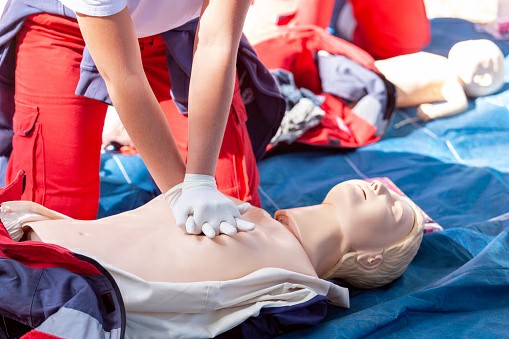


 349,500 Offered Certificates
349,500 Offered Certificates
 24/7 Online Training
24/7 Online Training
 Money Back Guarantee
Money Back Guarantee
 Fully Accredited Courses
Fully Accredited Courses

Created at: 25-02-2025 18:05
In today’s fast-paced work environment, the importance of safety cannot be overstated. With various risks associated with everyday operations, businesses must prioritize emergency preparedness. One of the most effective ways to ensure safety in the workplace is through First Aid Training and obtaining CPR Certification. This blog will explore the numerous benefits of First Aid training and why it is essential for both employees and employers.
First Aid Training equips employees with the necessary skills to respond effectively in emergencies, such as workplace injuries or medical crises. Not only does it empower individuals to take immediate action, but it also enhances their confidence in handling unexpected situations. Here are some key aspects:
CPR & First Aid skills are critical in saving lives during emergencies such as cardiac arrests. Employees trained in CPR can:
Employers are legally obligated to ensure a safe working environment. Compliance with workplace health and safety regulations includes:
First Aid skills extend beyond life-threatening situations. Practical applications include:
When seeking First Aid Courses, consider:
Investing in First Aid Training and achieving CPR Certification can significantly enhance your workplace's safety and emergency preparedness. Enroll your team today and empower them to respond effectively in emergencies. Visit here for more information on our training programs.
For inquiries, contact us at: [email protected].